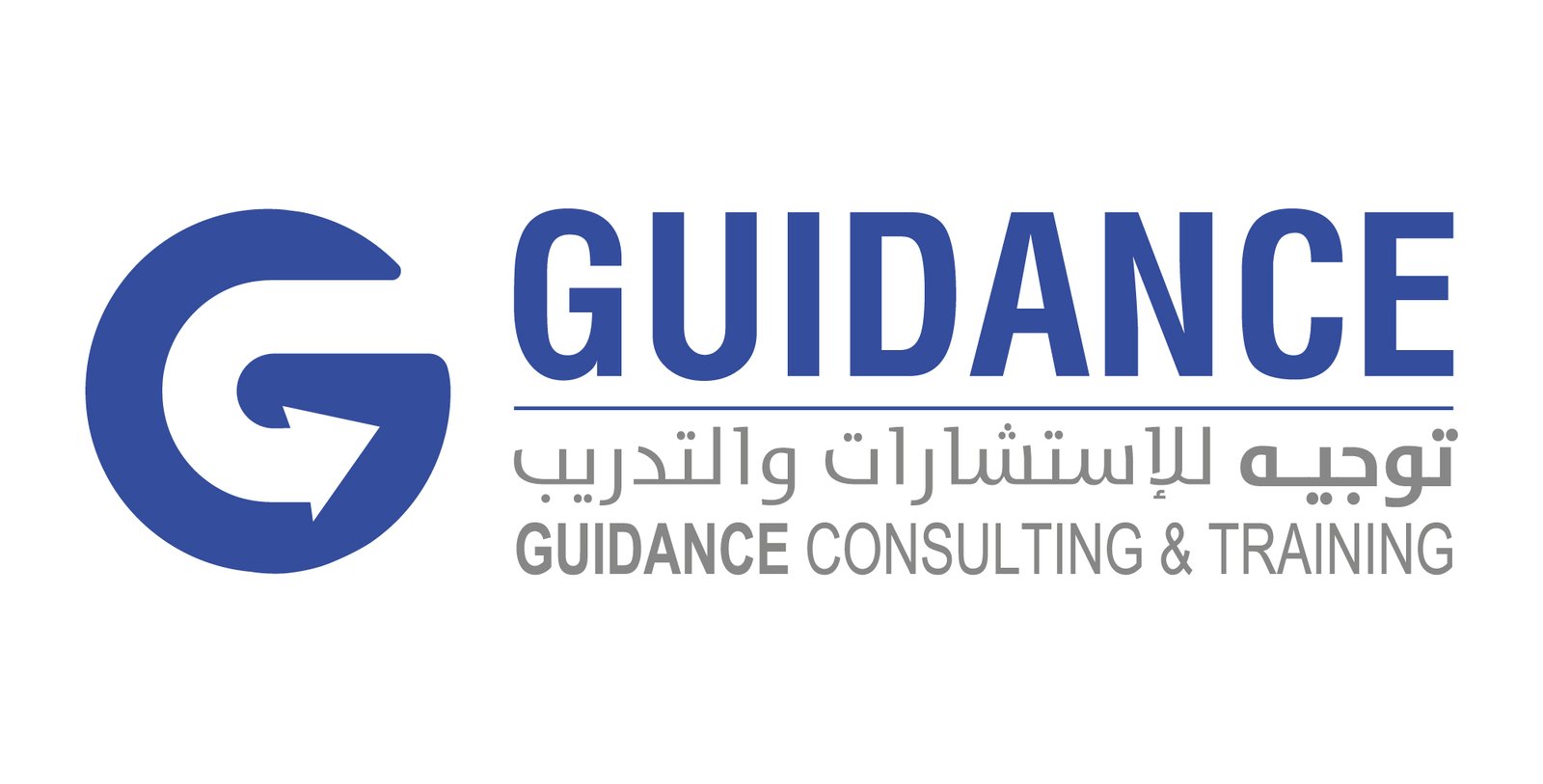Saudi GAP
Saudi Good Agricultural Practices (Saudi GAP) aims to improve agricultural practices, increase safe agricultural production, preserve the environment, qualify farmers and technicians, enhance consumer confidence in agricultural products, and open marketing outlets for them internally and externally. It also serves the protection and sustainability of natural resources and environmental conservation.
Saudi GAP Certificate provides a local network that connects farmers and brand owners in safe food production and distribution to achieve consumer reassurance and lays the foundations for protecting scarce resources by applying good agricultural practices to establish a sustainable future. Saudi GAP Certificate also covers the following:
- Food safety and traceability.
- Environment (including biodiversity).
- Health, safety, and care of workers.
- Animal safety.
Saudi GAP Certificate
Is a set of technical standards applied to agricultural production, to ensure food safety and sustainability and protect the environment.
Saudi GAP Advantages
- Maintaining the security and safety of agricultural production.
- Protecting the environment and sustaining its natural resources.
- Preserving the health and rights of workers, opening marketing outlets, and increasing the competitiveness of products.
- Improving agricultural operations and practices.
- Improving facilities, training, and working conditions preserving the environment from pollutants and the safety of those implementing agricultural programs.
- Enabling small farmers to apply good agricultural practices to increase their agricultural production and improve its specifications; leads to increasing their income and raising their standard of living.
- Qualifying and training farmers and technicians on the basics of SGAP.
- Implementing agricultural pest and risk control programs, organizing the management of the production unit
- Improving productivity and ensuring the continuity of production of crops that are safe from pesticide residues; according to the maximum limits permitted according to the World Food Codex.
- Opening new internal and external marketing outlets for farmers by obtaining SGAP certification for their products.
- Enhancing consumer confidence in local agricultural products and their access to a healthy and safe food product.
Saudi GAP Objectives
The Saudi GAP certification aims to improve agricultural practices and increase safe agricultural production, preserve the environment, qualify farmers and technicians, enhance consumer confidence in agricultural products, and open marketing outlets for them internally and externally. Provide and improve irrigation water consumption in agriculture through the use of modern irrigation methods, rationalize the use of pesticides and chemical fertilizers, and increase the use of organic fertilizers, which improves soil properties and fertility, and thus improves its ability to retain irrigation water.
It aims to encourage farmers to grow crops with more added economic value such as fruits and vegetables, open new internal and external marketing outlets for them, and improve agricultural operations and practices, in addition to increasing agricultural production and improving its specifications, improving facilities and working conditions and workers, qualifying and training farmers and technicians, and enhancing consumer confidence in local agricultural products by obtaining a healthy and safe food product.
Reasons for implementing the Good Agricultural Practices (S.G.A.P) system
- Modernizing, developing, and sustaining agriculture in the country.
- Demanding the safety of local agricultural products and their impact on consumers’ health.
- Reducing the percentage of pesticide residues in crops.
- The suffering of some farmers in marketing their agricultural products.
Saudi GAP Certification
The Saudi GAP Certification is given to farms that meet the project’s requirements and standards, which include risk assessment, record keeping, self-assessment of the production unit, ensuring food safety at all stages of production, fuel and energy usage standards, providing a documented system for tracking and separating products, providing expertise and training for the production unit manager and the person responsible for product management, protective materials, fertilizer management, occupational safety, equipment and machinery, in addition to registering workers, how to deal with them, risk insurance, soil safety and protection from collapse, safety of water used in agriculture, water used during product handling, in addition to wastewater management, improving wildlife and protecting biodiversity, managing pollutants and waste, providing hygiene and public health guidelines, providing sanitary facilities, smoking and eating areas, and the presence of preventive measures against diseases transmitted by visitors, as well as effective planning for the use of fertilizers and pesticides, general conditions for harvesting, packaging and storage, and other standards.
Guidance for Consulting and Training
We have the knowledge and experience to help institutions and individuals, comply with the requirements of the Saudi Standards and Quality Organization, the Saudi Food and Drug Authority, and other entities that impose legal and mandatory requirements in the Saudi market.


